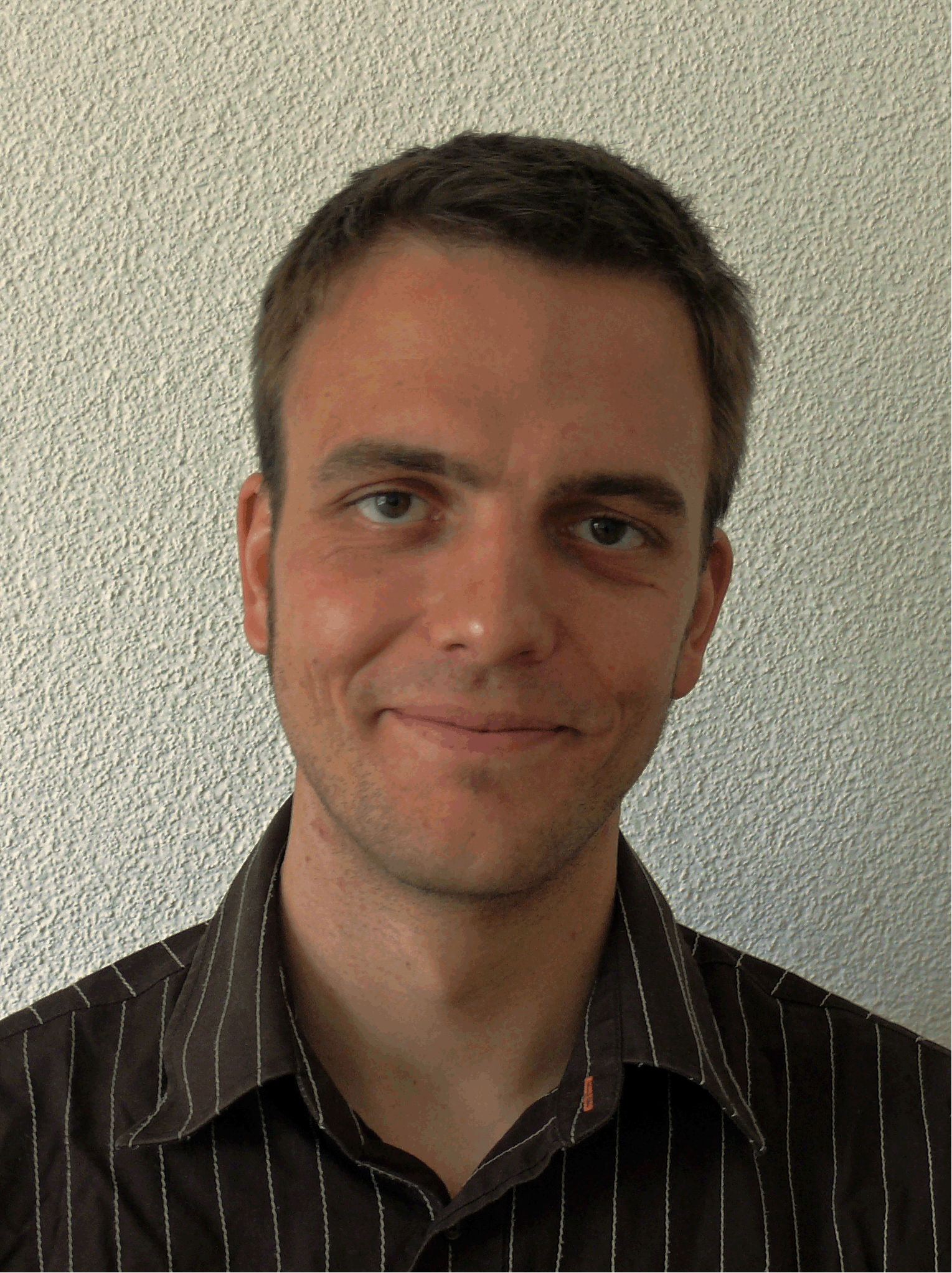Previous studies indicate that subclinical hypothyroidism affects up to 10% of the adult population and is associated with symptoms such as tiredness, low mood, and weight gain among the estimated 13 million Americans with the condition for whom the prevalence is higher in women and the elderly. Relatively limited evidence exists from randomized clinical trials (RCTs) to guide therapy of subclinical hypothyroidism. Systematic reviews have been inconclusive, and clinical practice guidelines have varied regarding recommendations for management.
For a study published in JAMA, Martin Feller, MD, MSc, and colleagues assessed whether the use of thyroid hormone therapy is associated with improvements in general quality of life or thyroid-related symptoms among patients with subclinical hypothyroidism. The study investigators also assessed tiredness, depressive symptoms, cognitive function, blood pressure, and BMI.
A Striking Null Result
Dr. Feller and colleagues reviewed data from randomized clinical trials that compared thyroid hormone therapy with placebo or no therapy in non-pregnant adults with subclinical hypothyroidism. Two reviewers independently evaluated eligibility based on titles and abstracts of all retrieved studies. Overall, 21 studies included 2,192 adults (Table). Study size ranged from 20 to 737 participants; mean ages from 32 to 74 years; percentages of women from 46% to 100%; and baseline mean thyrotropin values from 4.4 mIU/L to 12.8 mIU/L.
After a treatment range of 3 to 18 months, thyroid hormone therapy was associated with decreasing the mean thyrotropin value into the normal reference range when compared with placebo (range, 0.5-3.7 mIU/L vs 4.6 to 14.7 mIU/L) but was not associated with benefits in general quality of life or thyroid-related symptoms. Overall, risk of bias was low, and the quality of evidence assessed with the GRADE tool was judged moderate to high.
“We observed a striking null result, (ie, no benefit of thyroid hormone therapy) regarding any of the outcomes we analyzed,” says Dr. Feller. “Our results imply that patients with subclinical hypothyroidism need generally not to be treated with thyroid hormones. It is our hope that international guidelines will be updated, taking into account our findings, and that our findings will spare millions of patients with subclinical hypothyroidism from taking a daily, futile therapy.”
Future Research
According to Dr. Feller, other experts in the field speculate that thyroid hormone therapy could lower the risk for cardiovascular events. “We mainly focused on patient-centered outcomes such as quality of life, thyroid-related symptoms,” he says. “We could not analyze cardiovascular events or mortality because only one of the 21 included trials reported on cardiovascular events; they were not powered for this outcome and follow-up periods were too short. To determine whether thyroid hormone therapy could lower the risk for cardiovascular events, a large randomized controlled trial with a multiyear follow-up would be needed.”
Additionally, Dr. Feller says that the 21 trials the research team analyzed included a limited number of patients with subclinical hypothyroidism who had a thyrotropin greater than10mIU/l (in general, only about 10% of patients with subclinical hypothyroidism have a thyrotropin >10mIU/l). They did not find evidence that this minority benefits from thyroid hormone therapy, but to confirm this lack of benefit, an additional randomized trial would be needed to assess this association in those with a thyrotropin greater 10mIU/l.
“In my experience, many physicians treating patients with subclinical hypothyroidism find it hard to accept that there is no benefit of thyroid hormone therapy for this patient population,” says Dr. Feller. “In their daily clinical practice, many of these patients seem to benefit from thyroid hormones. However, given the futility of thyroid hormone therapy in randomized clinical trials, I believe that the benefit some patients experience from thyroid hormone therapy outside randomized clinical trials is just due to a placebo effect.”


 Rebecca Shover
Rebecca Shover